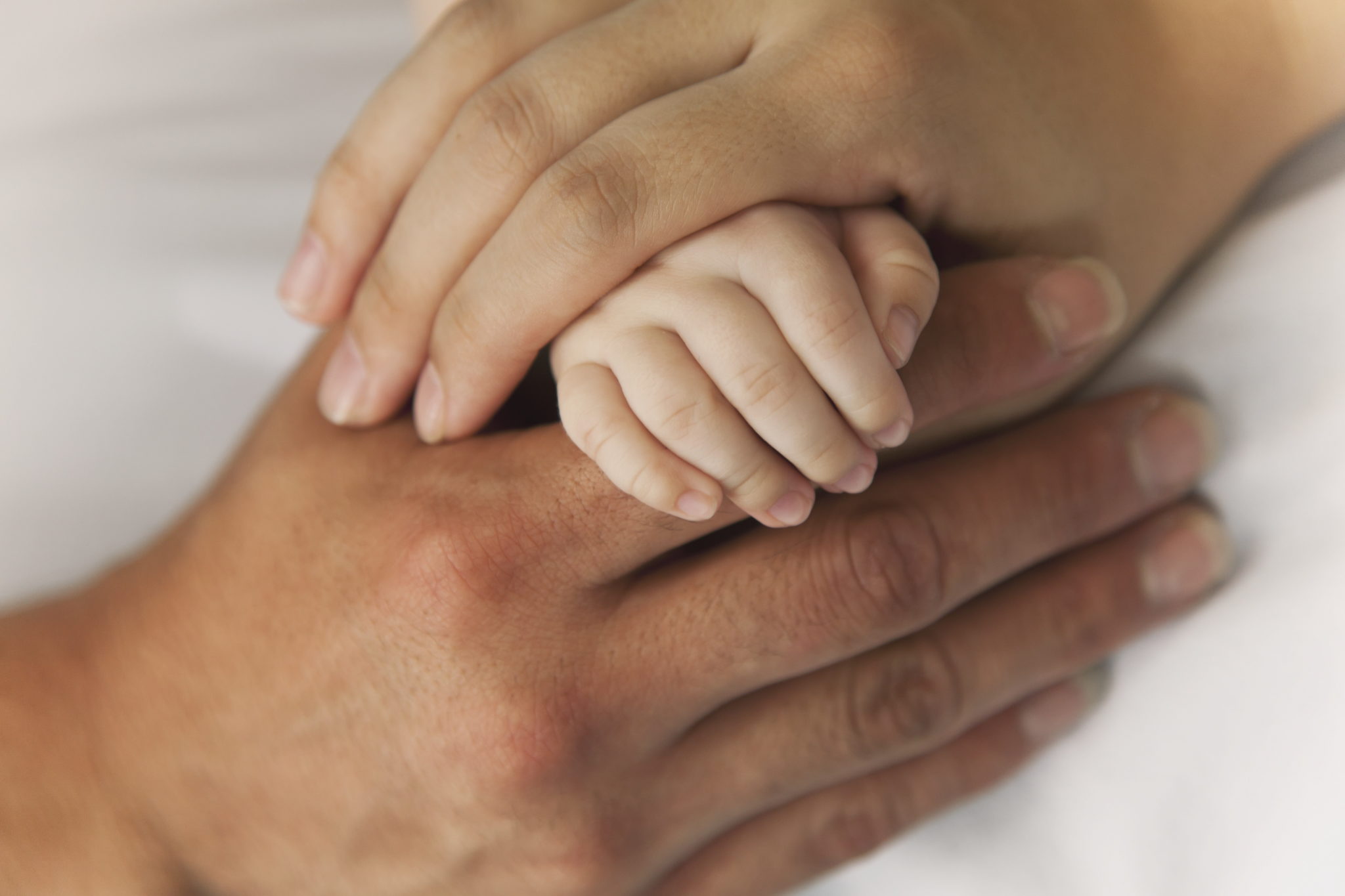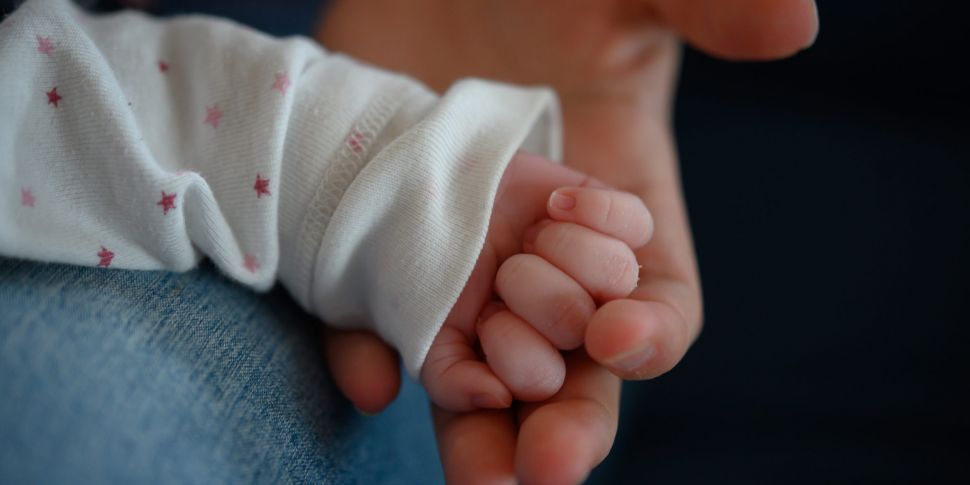The number of registered births in Ireland fell by more than a fifth at the start of the year compared to 2020.
Despite speculation of a lockdown 'baby-boom', new figures from the General Register Office show just over 4,700 babies were registered in January this year.
This is a significant decrease compared to the nearly 6,200 newborns registered in January 2020.
This marks a 22% annual decline, according to the figures released to Newstalk Breakfast.
Speaking to Susan Keogh on the programme today, Mary Corcoran, a Professor of Sociology at NUI Maynooth, said the statistics were not a huge surprise.
Professor Corcoran said that while birth rates in Ireland have been consistently on the decline since 2010, it seems that something "different" or a "blip" may have occurred in January for the numbers to decline so steeply.
Thinking back to last April and May, people were "going through a very severe adjustment" with the arrival of lockdown, and "we were frightened out of our wits" and "seeking certainty", she said.
"In some ways, although the idea that, oh it's really funky, we're stuck at home, there's nothing else to do but be intimate with each other, actually it could have been the opposite," she explained.
"People were at home, that women are completely stretched doing their normal day job, trying to homeschool their children, producing several meals a day, doing Facetime with older parents, whatever the case may be.
"That is extremely stressful and exhausting."
She added: "We do know that research has shown that women have born the burden of the pandemic in terms of their work at home and also the fact that three-quarters of healthcare workers are women, so there's a lot of women in stressful workplaces at the same time.
"If you think about all those factors, and we can only speculate, what we can say is that people were just bloody exhausted in April and May from the adjustment that was required to keep going and that meant there was less than the predicted outcome of babies in January."
With regard to the figures, Professor Corcoran added that care is needed not to make a trend out of one statistic.
 File photo. Credit: Brandon Tabiolo/Design Pics via ZUMA Wire
File photo. Credit: Brandon Tabiolo/Design Pics via ZUMA WireSpeaking on the same programme, Professor Evelyn Mahon, from the school of Sociology and Social Policy at Trinity College Dublin, said there were a number of events no longer allowed to take place during lockdown which might ordinarily precede the conception of a baby.
These include weddings, holidays, parties, weekends away, or events around college or working life.
"That seems to be to me the death knell to any kind of romantic encounters between people," Professor Mahon said.
"So I think those issues and those personal circumstances are very important in explaining that very large reduction for that particular month, as well as the things Mary mentioned."









